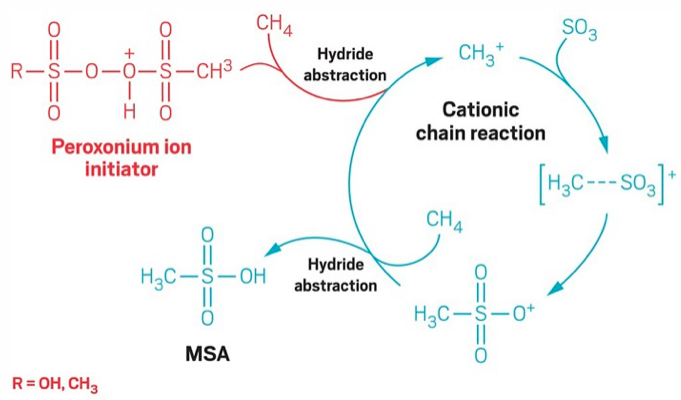
A sad story, then some possibly timely lessons for young scientists.
A long time ago now, I caught that a student had faked data. This was in the late stages of manuscript preparation, with a draft in hand, and I caught it on a Tuesday.
A long time ago now, I caught that a student had faked data. This was in the late stages of manuscript preparation, with a draft in hand, and I caught it on a Tuesday.
It was undeniable, but still the student initially tried to deny it. (A key data analysis process we use allows the exact reproduction of numerical results. I strongly recommend this when possible. I caught that some numbers had been changed by exactly 10.00 or exactly 15.00.)
After the denial wore out, my demand was for a report giving our true reliable data. I got that report about 5 AM on Wednesday morning. By Wednesday at noon I had figured out, based on some hidden electronic signatures, that the report contained a new fabrication.
Time stamps and impurity peaks, they get you every time. There was no ambiguity. On Friday the student was on a plane, never to return.
Before I get to the main point, some irony provides minor lessons. First, I caught the initial fabrication because the alterned data did not make any sense. The real data had made sense, but not to the student, so they changed it!
Science is hard, faking complex data is harder. Whether it is in the literature or a Michael Crichten novel, fake science stands out with experience. I have caught faked data in distant areas because the authors did not know what real random data would look like.
Overruling the data you have in hand based on your own expectations is just hubris.
The other irony is that the second fabrication was made “necessary” because the student had thrown out other data that looked bad. (I am a big believer that you keep in data unless it has problems that are apparent to a blinded judge.)
But the data that had been thrown out was actually fine; the student had just made errors in the analysis. If the student had asked for help with the analysis, everything would have been fine.
The broader lesson is this. Every day in the political world we see that lying is an effective and often cost-free strategy. And when lies are caught, politicians simply double down. It works.
I hate it, but it is where we are. And from what I have seen, in some ways that I can’t talk about, some students and young scientists are internalizing this message.
But those rules are for politicians, not us. In science, and in many other professions, a single act of dishonesty can cost you your career. The rest of real life is like that also. A single act of dishonesty can cost you your job or your family or your education.
Not always. We recognize that life and situations and acts are complicated, and most people, including me, are pretty forgiving, but don’t be shocked if dishonesty costs you everything. That’s our rules. We need to teach them.
• • •
Missing some Tweet in this thread? You can try to
force a refresh





